8 June - 9 June 2022
Targeting protein degradation 3 – from discovery to the clinic
Organised by:
SCI, London, UK
Registration Closed
This event is no longer available for registration.
Synopsis
In recent years, scientists have discovered a new class of molecules which are able to exert control over the degradation of proteins within cells and achieve unique pharmacological effects. This exciting field of drug discovery has rapidly matured and the first candidate molecules are now being tested in clinical trials.
For the third conference of this series, we will bring together an exciting line up of academics and industrial speakers. They will share their cutting-edge science in the field of protein degradation covering a range of topics from understanding the underlying biological processes involved to delivering degraders into the clinic.
Call for posters
An abstract of maximum one A4 page or 300 words indicating title and authors should be sent to conferences@soci.org by Friday 29 April with the subject line “Targeting protein degradation 3 – abstract submission”. Please use the template attached here.
Attendees
This meeting aims to showcase recent innovations by scientists working in both academia and industry in this exciting and rapidly advancing field. It is targeted at academic and industrial scientists engaged in all aspects of research into protein degradation and those interested in broadening their knowledge in this field of drug discovery.
Speakers

Afjal Miah
GSK
Afjal joined GSK in 2006 and has worked on multiple projects in respiratory, immuno-inflammation and cancer. Afjal has been working in the targeted protein degradation field since 2012, where he has gained experience leading projects in discovery and lead optimisation of PROTACs and E3 ligases. More recently, Afjal has collaborated with GSK's Discovery high throughput chemistry (DHTC) group, to develop an integrated biology and chemical screening platform (D2B) for the synthesis of PROTACs. This is now routinely used by all PROTAC projects in an HTC fashion and has had significant impact on reducing cycle times.
Afjal’s research interests include new modalities in protein degradation such as molecular glues, novel E3 Ligases and the ubiquitin proteasome system.

Alice Harnden
Institute of Cancer Research
Alice Harnden is a medicinal chemist at the Institute of Cancer Research, London. She works on projects within the team of Professor Swen Hoelder seeking to discover new cancer treatments. She gain her undergraduate degree at Oxford University and completed her PhD at Durham University in 2019.

Andrew Leach
Andrew Leach is Head of Chemical Biology and Head of Industry Partnerships at the European Bioinformatics Institute (EBI). At the EBI he is responsible for a number of widely-used resources including ChEMBL, SureChEMBL, UniChem and ChEBI. His group is also involved in various international collaborations and consortia including Illuminating the Druggable Genome, Open Targets and EUbOPEN. His industry team works with the many commercial organisations and companies that make extensive use of the EBI's resources. He joined the EBI from GlaxoSmithKline, where over more than 20 years he was involved in the development and application of new platform capabilities for drug discovery in areas including computational chemistry and cheminformatics, fragment-based drug discovery, cardiovascular safety, proteomics and biological mass spectrometry. He also contributed to therapeutic projects and led GSK’s early Discovery portfolios against protease, ion channel and epigenetic targets.

Elisabetta Chiarparin
Astrazeneca
Elisabetta is currently Senior Director of Global Oncology Chemistry and Head of Novel Chemistry Modalities platform at AstraZeneca.
Elisabetta has 20 years drug discovery experience in the CNS and Oncology therapeutic areas, gained at GlaxoSmithKline, Astex Pharmaceuticals and AstraZeneca. Elisabetta is passionate about drugging the ‘difficult to drug targets’ and of Structure Based Drug Design and has contributed to the development of several preclinical and clinical candidates as well as to the development of innovative chemical technologies, including free ligand conformations augmented Structure Based Drug discovery and Oncology Targeted Protein Degradation platform.
Elisabetta holds a Ph.D. in chemistry from the University of Lausanne, Switzerland and is co-author of over 50 peer reviewed publications. Elisabetta is awardee of the 2020/2021 lectureship by the of Royal Society of Chemistry and since 2019, Elisabetta has been a member of Advisory Board of ‘Structures and Probes of Intrinsically Disordered Regions (SPIDR)’ – collaborative research programme funded by Biotechnology and Biological Sciences Research Council (BBSRC), and involving Universes of Oxford and of Leeds.
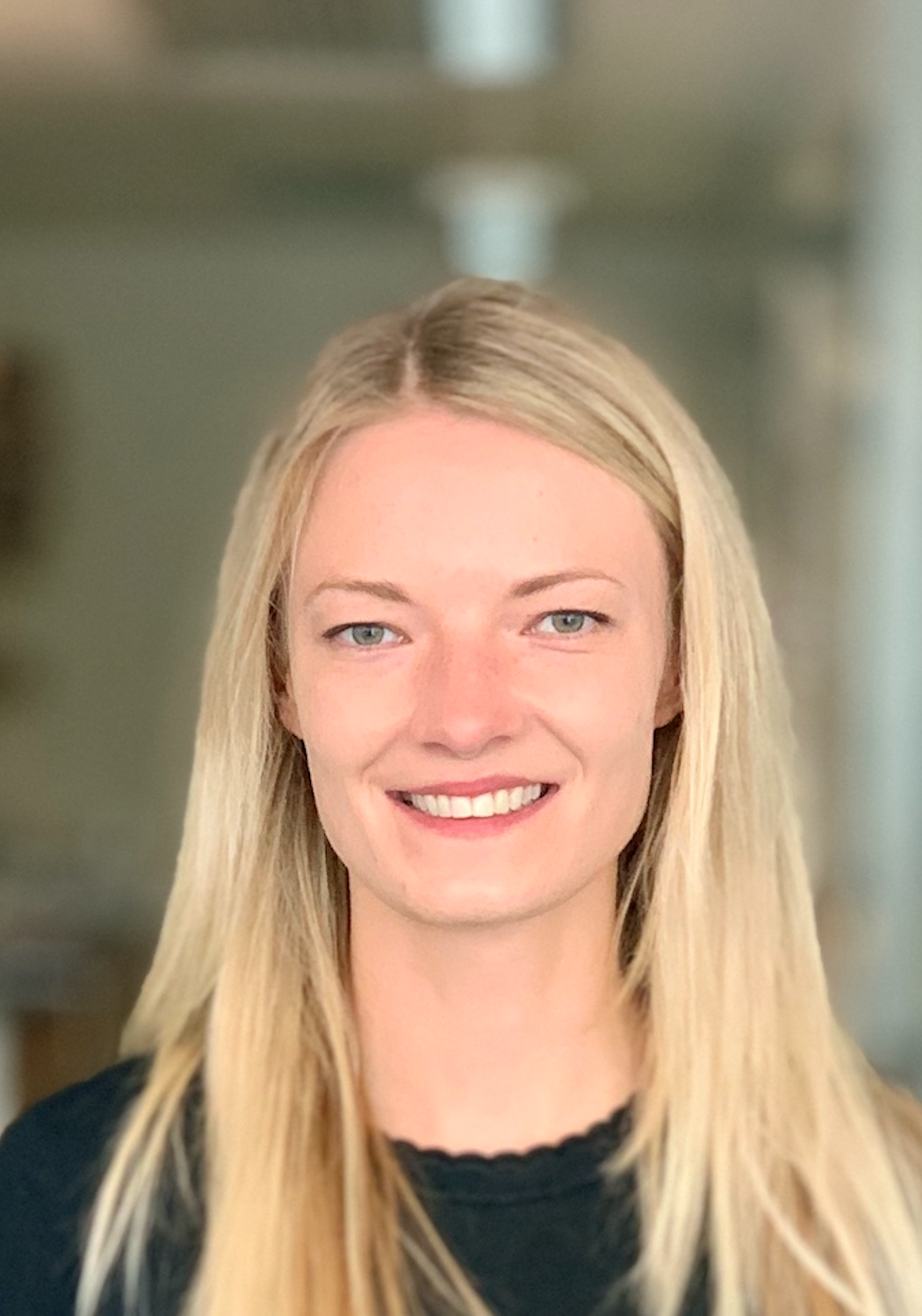
Fleur Ferguson
University of California, San Diego
Fleur Ferguson received her M.Sc in chemistry from Imperial College London. She received her Ph.D in chemistry from the University of Cambridge, supervised by Prof. Chris Abell and Prof. Alessio Ciulli. She performed her postdoctoral research in the laboratory of Professor Nathanael S. Gray at Harvard Medical School and Dana-Farber Cancer Institute. She is currently an Assistant Professor in the Department of Chemistry & Biochemistry and the Skaggs School of Pharmacy and Pharmaceutical Sciences at U.C. San Diego.

Ian Churcher
Ian was one of the pioneers of the recent renaissance of the PROTAC field through his 2012 collaboration with Prof Craig Crews & Alessio Ciulli when leading the GSK PROTAC group (2012-2017) including the publication of the landmark 2015 Nature Chemical Biology paper and advancing a portfolio of VHL & IAP-based PROTACs towards the clinic. Ian also has extensive experience of medicinal chemistry & chemical biology leadership from roles at Merck & GSK across many therapy areas including neuroscience, oncology, inflammation and others. More recently, Ian led the R&D team at BenevolentAI where he applied novel artificial intelligence methods to a portfolio of projects to approach target identification and chemical optimisation in new ways. Ian returned to the TPD field in May 2020 as CSO at Amphista Therapeutics, the leading European-based targeted protein degradation company focused exclusively on using novel degrading mechanisms to advance a range of TPD programmes towards the clinic.

James Hodgkinson
University of Leicester
James Hodgkinson is a lecturer in Organic Chemistry and Chemical Biology at the Leicester Institute of Structural and Chemical Biology (LISCB) and School of Chemistry, University of Leicester. James completed his undergraduate degree in Chemistry at Queens University Belfast with a year in industry at GlaxoSmithKline and went on to complete his doctoral studies under the joint supervision of Professor David Spring (Department of Chemistry) and Dr Martin Welch (Department of Biochemistry), University of Cambridge. After a Junior Research Fellowship at Trinity College, Cambridge James was appointed to Lecturer at the University of Leicester in 2016. His current research interests are in the design and synthesis of heterobifunctional molecules to modulate Class-I Histone Deacetylase (HDAC) enzymes implicated in haematological cancers and other diseases, as well as chemical probes to aid structural studies of the protein-protein interactions within Class-I HDAC corepressor complexes.
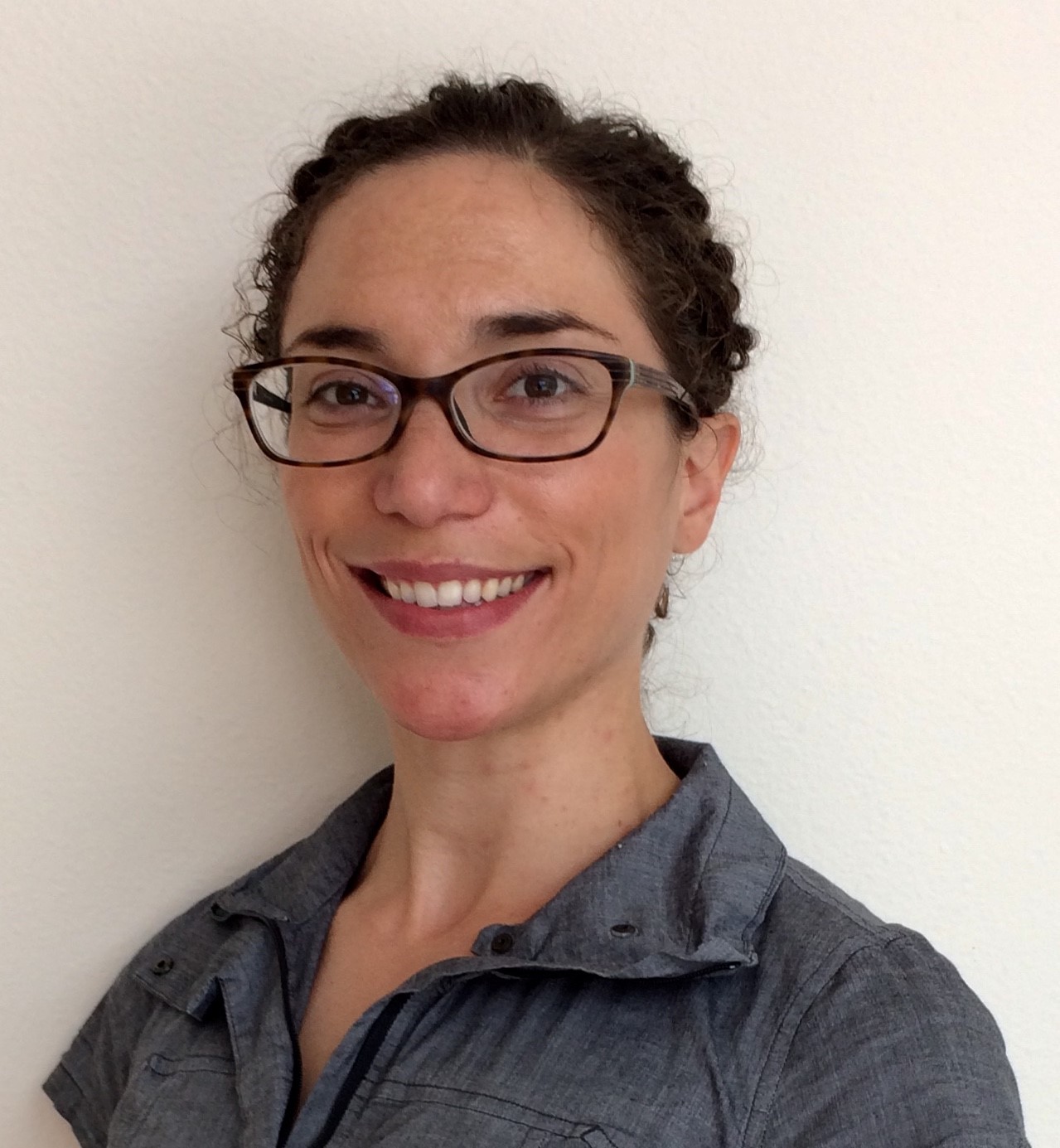
Kristin Riching
Promega
Kristin received her Ph.D. in Biomedical Engineering from the University of Wisconsin – Madison studying invasion and metastasis in breast cancer. She joined Promega in 2014 where she worked to develop a platform of assay technologies aimed to characterize the cellular kinetics, potency, and mechanism of action of novel small molecule degraders. Kristin is currently a group leader focused on expanding these technologies to enable further insights into degrader activity and mechanism as well as in new modalities for TPD and induced proximity.

Matt Weiss
Kymera Therapeutics
Matt joined Kymera Therapeutics in 2018 and now serves as the head of medicinal chemistry. In his time at Kymera, he has delivered numerous development candidates, a subset of which are currently being evaluated clinically. Prior to joining Kymera, he spent 13 years at Amgen in Cambridge, MA where he focused primarily in the areas of Oncology and Neuroscience, delivering development candidates within both. Matt earned his BA from Bowdoin College before moving to Yale University for his PhD where he worked in the labs of John Wood. He subsequently conducted an NIH post-doctoral fellowship at the University of California, Irvine with Prof. Larry Overman.

Oskar hoff
Celeris Therapeutics
Oskar leads our efforts in medicinal chemistry at Celeris Therapeutics. He works closely with our technology group to develop computation methods for the design of proximity-inducing compounds (PIC™) and validates PICs ex silico. Oskar holds a DPhil in organic chemistry from the University of Oxford, UK. Under the supervision of Prof. Donohoe, he worked on the total synthesis of marine furanocembranoidal natural products. At Hoffmann-La Roche in Basel, Switzerland, he worked in the department of small molecule process development. At the Ferrier Research Institute in Wellington, New Zealand, Oskar designed and synthesized enzyme inhibitors as a visiting researcher.

Roy Pollock
C4 Therapeutics
Roy Pollock, Ph.D., joined C4 Therapeutics in February 2019 as our Senior Vice President of Biological Sciences. Previously, Roy was Vice President of Biology at Warp Drive Bio (acquired by Revolution Medicines) where he guided the discovery and characterization of inhibitors targeting the activated form of mutant KRAS using a novel tri-complex technology platform. Before joining Warp Drive, he was at Epizyme where he led biology support for histone methyltransferase inhibitors targeting DOT1L (Pinometostat) and EZH2 (Tazverik®). Prior to Epizyme, Roy worked in oncology drug discovery at Merck Research Laboratories and ARIAD Pharmaceuticals. He holds a B.Sc. in biochemistry from St. Andrews University in Scotland and a Ph.D. in Molecular Biology from Imperial College London.
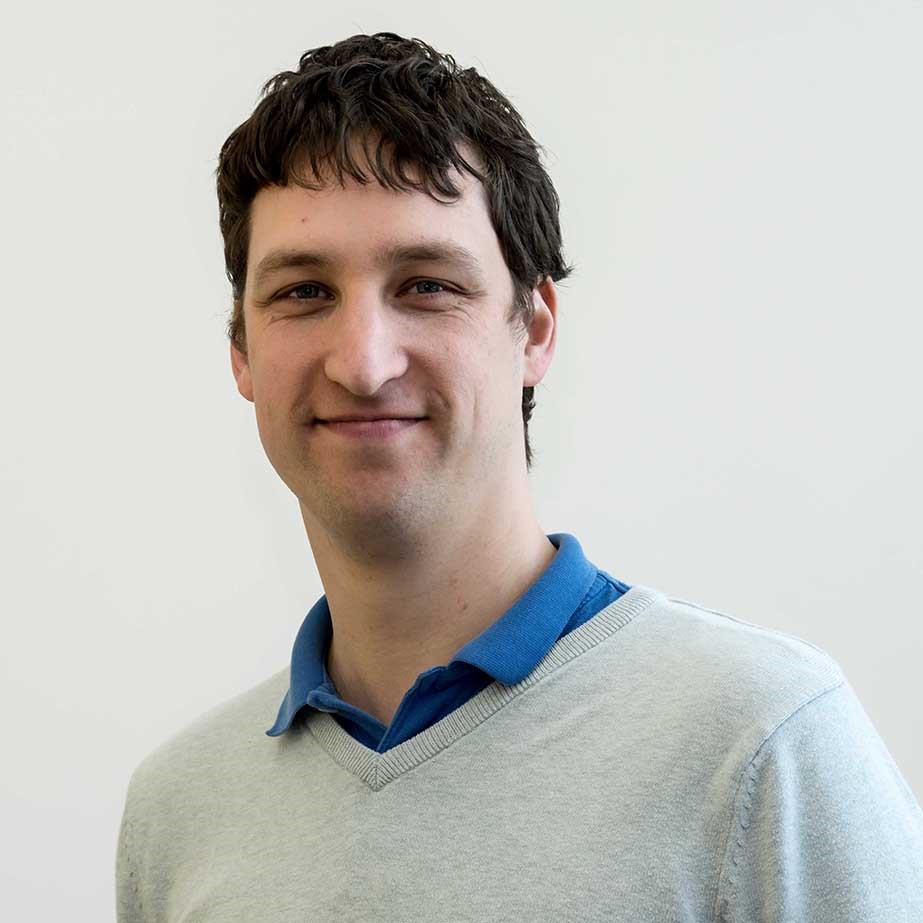
William Farnaby
University of Dundee
William Farnaby is a Principal Investigator within the Centre for Targeted Protein at the University of Dundee. Since 2016, as part of the group of Alessio Ciulli, he has led a targeted protein degradation drug discovery team engaged in a collaboration between the University of Dundee and Boehringer Ingelheim. During this time Will has progressed a number of protein degradation projects through key drug discovery milestones and authored highly cited studies detailing novel approaches for the design and characterisation of degrader molecules. Prior to this Will worked at Takeda as a senior medicinal chemist, co-inventing Soticlestat and Luvadaxistat, inhibitors currently under late-stage clinical evaluation in the Central Nervous System therapeutic area. He is now initiating his own academic program focussed on using induced proximity chemistry for the discovery of chemical probes and methods of target validation, with a particular interest in generating tools that enable CNS research.
Programme
8 June
Day 1
- 10:00
- Registration and refreshments
- 10:30
- Discovery and characterization of IRAKIMiDs: degraders targeting both IRAK4 and IMiD substrates for oncology indications
Dr Matt Weiss, Kymera Therapeutics - 11:20
- Discovery and Optimization of Targeted Protein Degradation Therapeutics
Dr Roy Pollock, C4 Therapeutics - 12:10
- Lunch, exhibition and poster session
- 13:10
- Pushing boundaries via academic-industry collaborations : From chemical probes to in vivo active degraders
Dr Will Farnaby, University of Dundee - 14:00
- The PROTACTable genome
Dr Andrew Leach, EMBL’s European Bionformatics Institute - 14:50
- Refreshments and poster session
- 15:20
- Chemoproteomic approaches to interrogate the degradable kinome
Dr Fleur Fergusson, U.C. San Diego - 16:10
- New protein degrading mechanisms - challenges and opportunities
Ian Churcher, Amphista Therapeutics - 17:00
- Networking reception
Thursday 9 June
Day 2
- 08:30
- Welcome and Refreshments
- 08:55
- Opening remarks
- 09:00
- Degrading Class I Histone Deacetylase Enzymes in a ‘Complex Environment’
James T. Hodgkinson, Leicester Institute of Structural and Chemical Biology - 09:40
- Engineering proximity-inducing compounds (PICs) – a machine learning approach
Oskar Hoff, Celeris Therapeutics - 10:20
- Coffee and poster session
- 10:50
- Improved Binding Affinity and Pharmacokinetics Enables Sustained Degradation of BCL6 In Vivo
Alice C. Harnden, The Institute of Cancer Research - 11:30
- Exploring cellular PROTAC-induced ternary complex formation and degradation outcomes
Kristin Riching, Promega - 12:20
- Lunch and poster session
- 14:00
- Integration of high-throughput PROTAC synthesis and direct to biology assaying for rapidly evaluating targeted protein degradation
Dr Afjal Miah, GlaxoSmithKline - 14:50
- Rational discovery and design of Targeted Protein Degraders
Dr Elisabetta Chiarparin, AstraZeneca - 15:40
- Closing remarks
- 15:45
- Close
Venue and Contact
SCI
14/15 Belgrave Square
London
SW1X 8PS
Conference Team
Tel: +44 (0)20 7598 1561
Email: conferences@soci.org
Fees
| Before early bird - ends 26 April 2022 SCI Member - £145 Non-member - £220 Student member - £65 |
| After early bird SCI Member - £195 Non-member - £270 Student member - £85 |
There is a 10 percent reduction on the registration fee if you register for the What's new in immunotherapies event in addition to this meeting for SCI members and non-members.
Once you have registered for this event, please email conferences@soci.org for a voucher code.
All registrations will automatically receive a confirmation within 24 hours of registering for the event. Should you not receive written confirmation of your booking, please email conferences@soci.org.
Become an SCI Member and save on this and future events
See Membership OptionsSign up as an Event Member to join this event. SCI Full or Student Members receive discounts on event registrations
Booking Process/Deadlines
CPD Info
All delegates attending this meeting are able to claim CPD points.
Sponsors
Organising Committee
Nicola Chessum, SCI / Boehringer Ingelheim
Martin Lowe, SCI / Exscientia
Jayshree Mistry, SCI
Jamie Scott, SCI / AstraZeneca
Exhibition and Sponsorship
For further information and prices, please email conferences@soci.org.







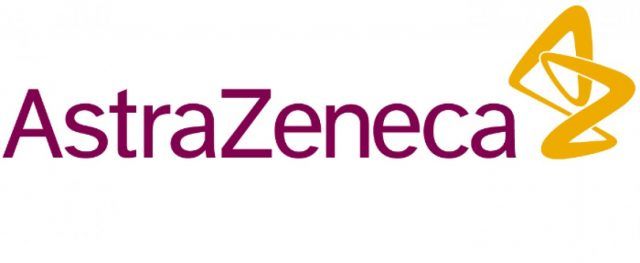

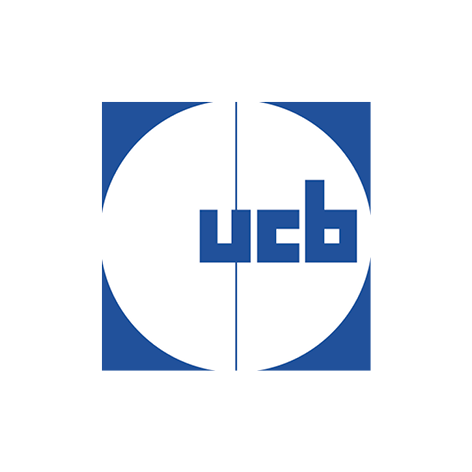
.ashx?h=960&w=1501&hash=6589C2EE67CF3B093813CD4C07FC17C0)

